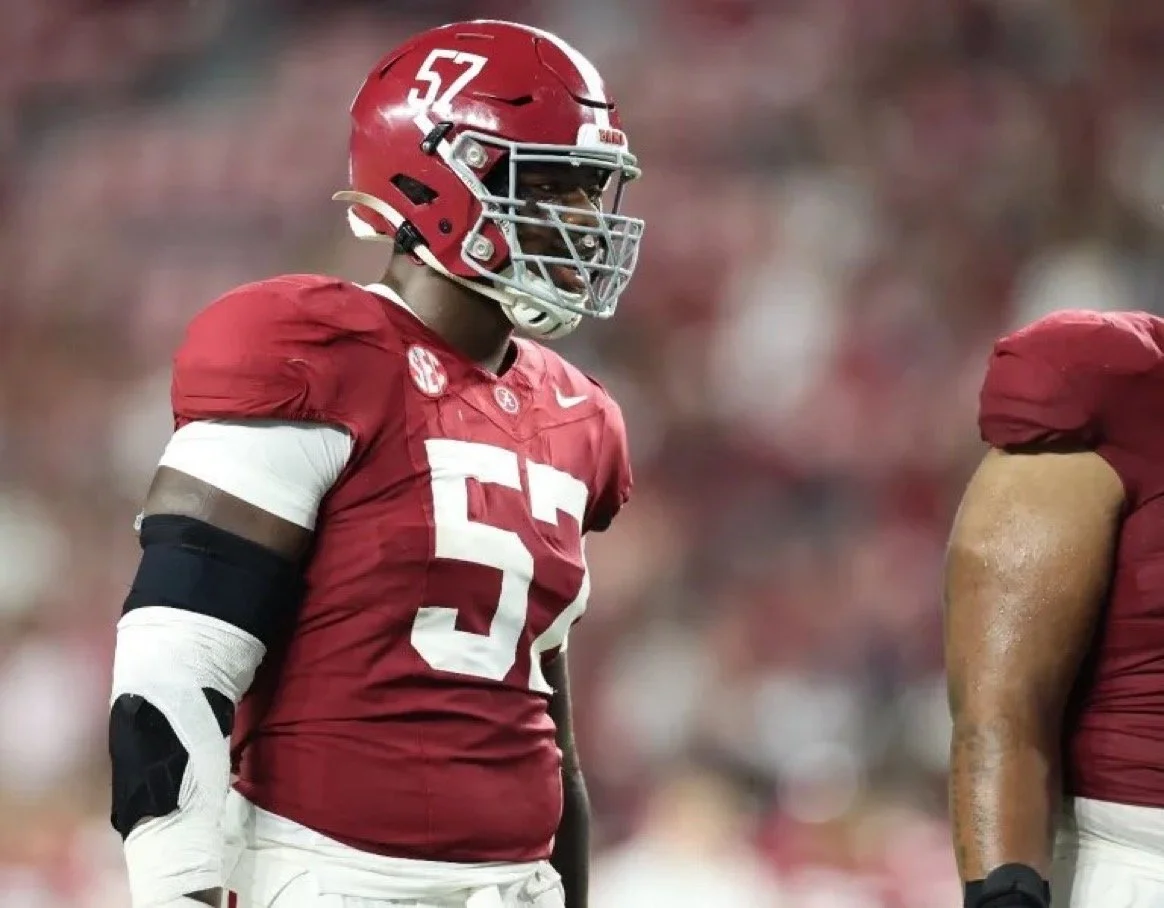In a surprising turn of events, Elijah Pritchett, an offensive lineman for the University of Alabama's football team, finds himself facing legal troubles after being arrested and charged with knowingly transmitting a sexually transmitted disease (STD). The incident has sent shockwaves through the sports community, raising questions about the consequences of personal actions in the realm of athlete conduct.
Pritchett's arrest comes as a result of allegations that he knowingly exposed someone to an STD. The legal ramifications of such charges can have profound implications not only for the athlete but also for the university's athletic program and reputation.
The University of Alabama, known for its powerhouse football program, now faces the challenge of managing the fallout from this incident. Athletic departments often grapple with the delicate balance of supporting their athletes while upholding standards of conduct and accountability.
This case sheds light on the importance of responsible behavior among athletes, both on and off the field. With their elevated status in the public eye, athletes serve as role models for many, and instances like these underscore the need for them to exercise caution and responsibility in their personal lives.
The legal proceedings will delve into the specifics of the allegations against Pritchett, and the outcome could have lasting effects on his collegiate career and future prospects in football. Additionally, it prompts discussions about the duty of universities to address behavioral issues among their athletes and implement measures to ensure a culture of accountability.
As the legal process unfolds, the Elijah Pritchett case serves as a reminder that athletes, despite their prowess on the field, are not exempt from the legal and moral expectations placed on individuals. It prompts reflection on the broader implications for sports culture and the measures necessary to maintain the integrity of collegiate athletics.
This incident offers an opportunity for universities, sports organizations, and athletes alike to engage in constructive dialogue about ethical conduct, personal responsibility, and the influence that sports figures wield in society. The outcome of Elijah Pritchett's case could have ripple effects, influencing the way collegiate athletes are perceived and the standards to which they are held accountable.










